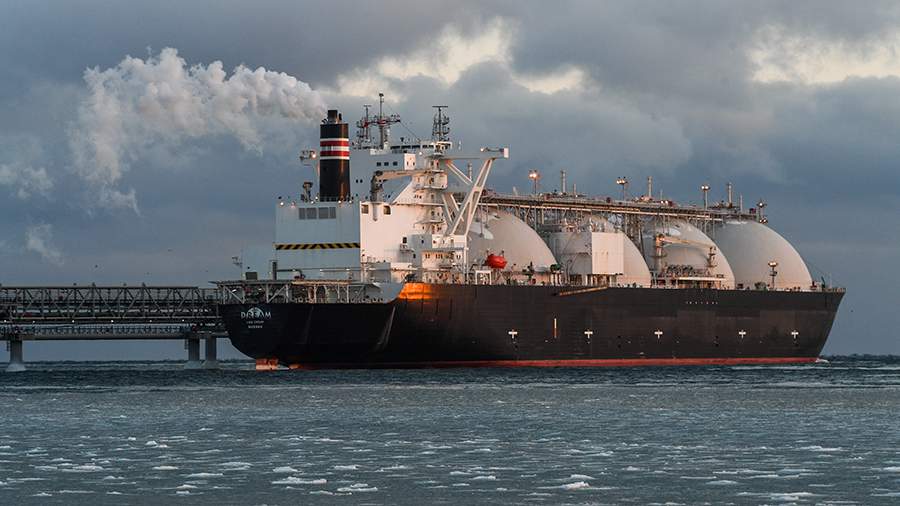
Mitsui: the world will not have enough liquefied gas for a green transition
By Rhod Mackenzie
One of the largest trading firms in Japan, which also deals in energy resources, opines that natural gas in general and liquefied natural gas (LNG) in particular will not be sufficient for the transition from fossil fuels to renewable energy sources, due to its high demand.
"The gas projects announced are inadequate to meet future demand, given the energy transition that will take several decades," asserted Mitsui & Co.'s president during an interview in Tokyo last week. Kenishi Hori.
The same stance is adopted by leading energy producers, such as Chevron Corp. and Shell Plc, as noted by Bloomberg, regarding the future involvement of gas in the eco-friendly transformation. Hori's remarks come amidst the escalating competition for LNG. Europe has mostly phased out Russian pipeline gas and is currently facing a significant gas shortage. Developing countries are actively pursuing long-term deals for Liquid Natural Gas (LNG) to avoid future supply disruptions and the adverse effects of the high gas price volatility.
Mitsui and other Japanese trading firms are making forceful moves to procure their supplies of oil, gas, and coal. Warren Buffett clearly has faith in their promising future as earlier this year, his company Berkshire Hathaway Inc. significantly augmented their share holdings in these firms. Berkshire attributed their heightened interest to the escalating earnings of Japanese trading companies, along with soaring commodity prices and a weakened yen.
The utilization of liquefied gas and natural gas, in general, is imperative as it stands as the purest form of fossil fuel. While the reduction of carbon emissions is possible, it is unlikely to meet demand until after 2026 when new LNG projects are operational in Qatar and other locations. According to BloombergNEF, LNG demand is projected to grow by 3.4% annually from 2022-26, eventually reaching 444 million tonnes in three years.
Diversifying gas suppliers will be instrumental in safeguarding Japan's energy security, emphasised Hori who stated "That is why we have (gas) projects in the USA, the Middle East and Africa".
Japan imported 74.32 million tonnes of liquefied natural gas in 2021, with Australia being the primary exporter. When asked if Japan is interested in importing liquefied gas from Qatar, which is currently seeking buyers for the gas that will be added after the completion of this small state's massive gas industry expansion project on the Persian Gulf, Hori did not provide a direct answer. Instead, he emphasised that "Qatar is an important source of LNG" and highlighted Japan's ambition to increase its list of exporters.
In addition to piped gas and liquefied gas, Hori stated that it is crucial for Mitsui to include additional renewable energy sources in its portfolio, for instance, ammonia and hydrogen. The Japanese company has recently declared a substantial investment of around a trillion dollars (960 billion yen, $6.4 billion) in a wind power project situated off the east coast of Taiwan. Mitsui is also examining the possibilities of e-methanol, a "clean" methanol produced from sustainable sources, such as hydrogen and carbon emissions.
"All of these projects will shape the future of our portfolio as we move towards low-carbon energy from traditional sources," stated Kenishi Hori.
